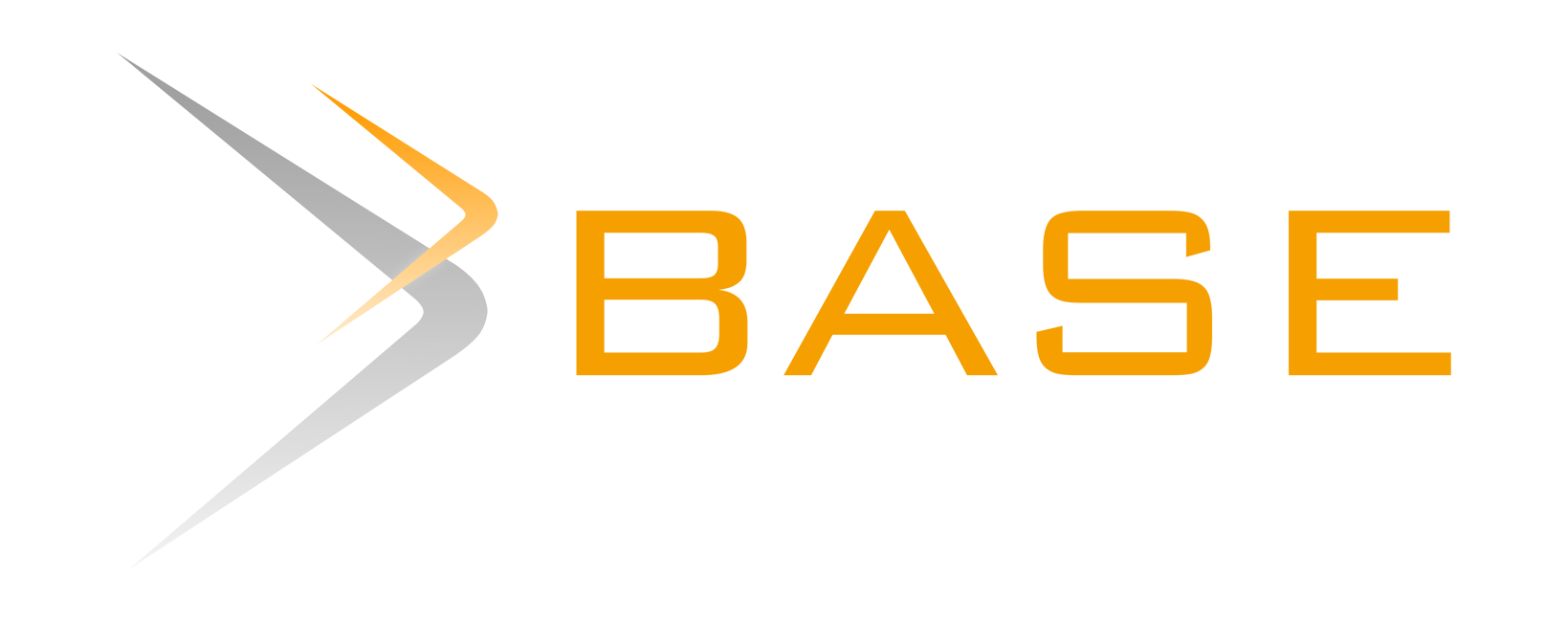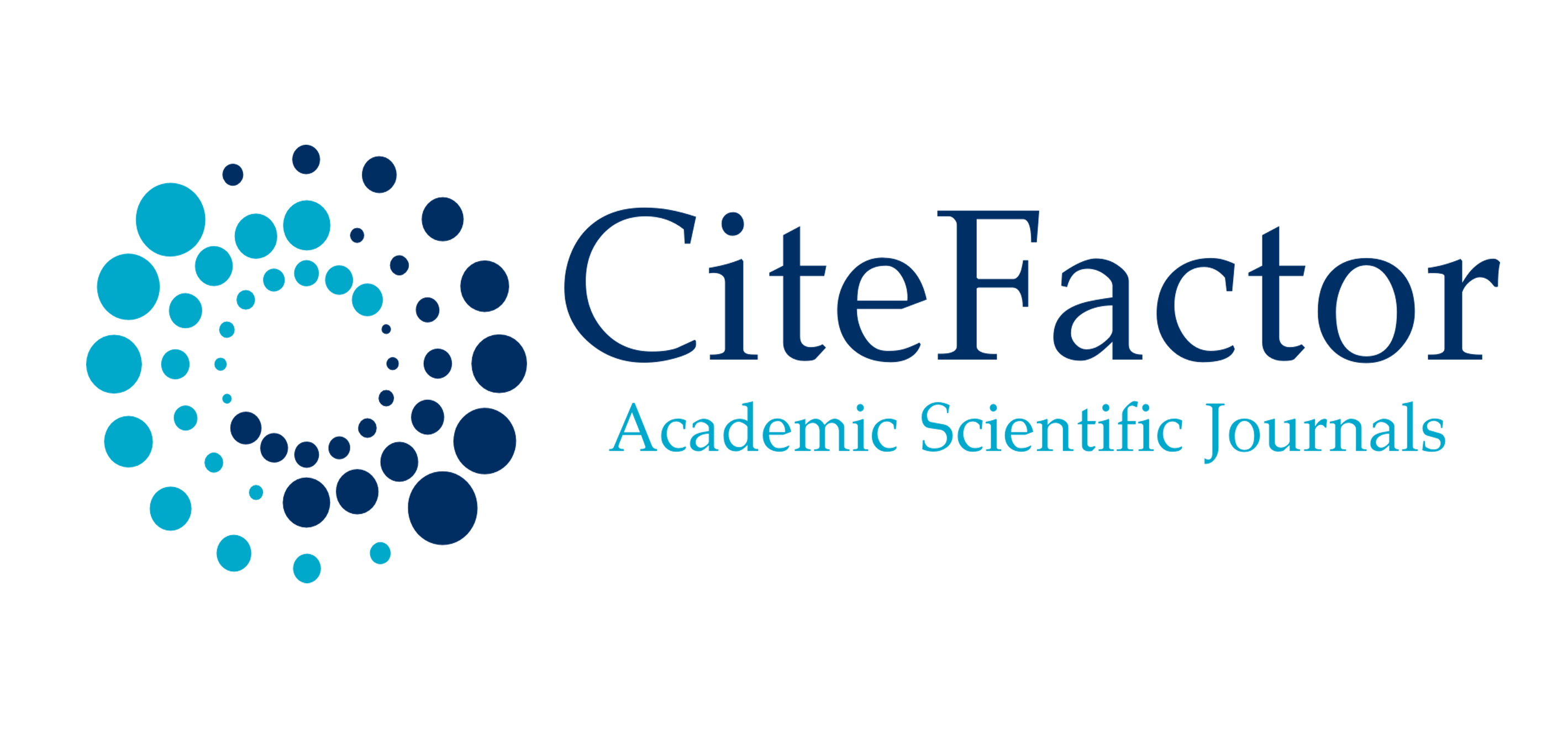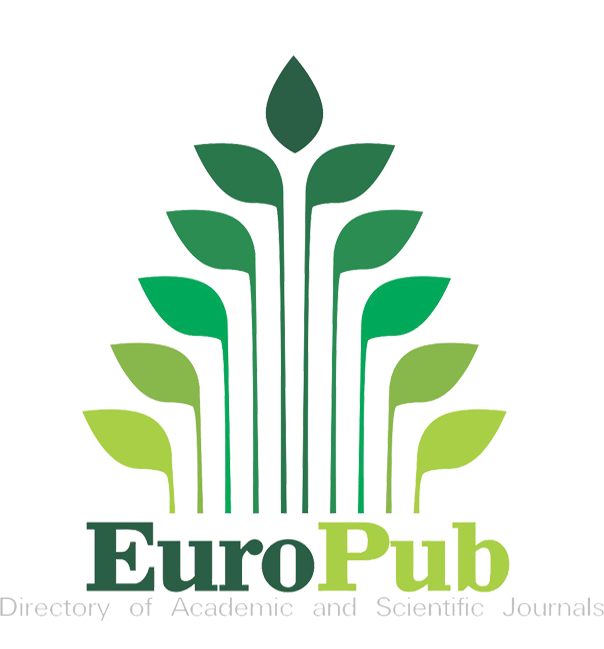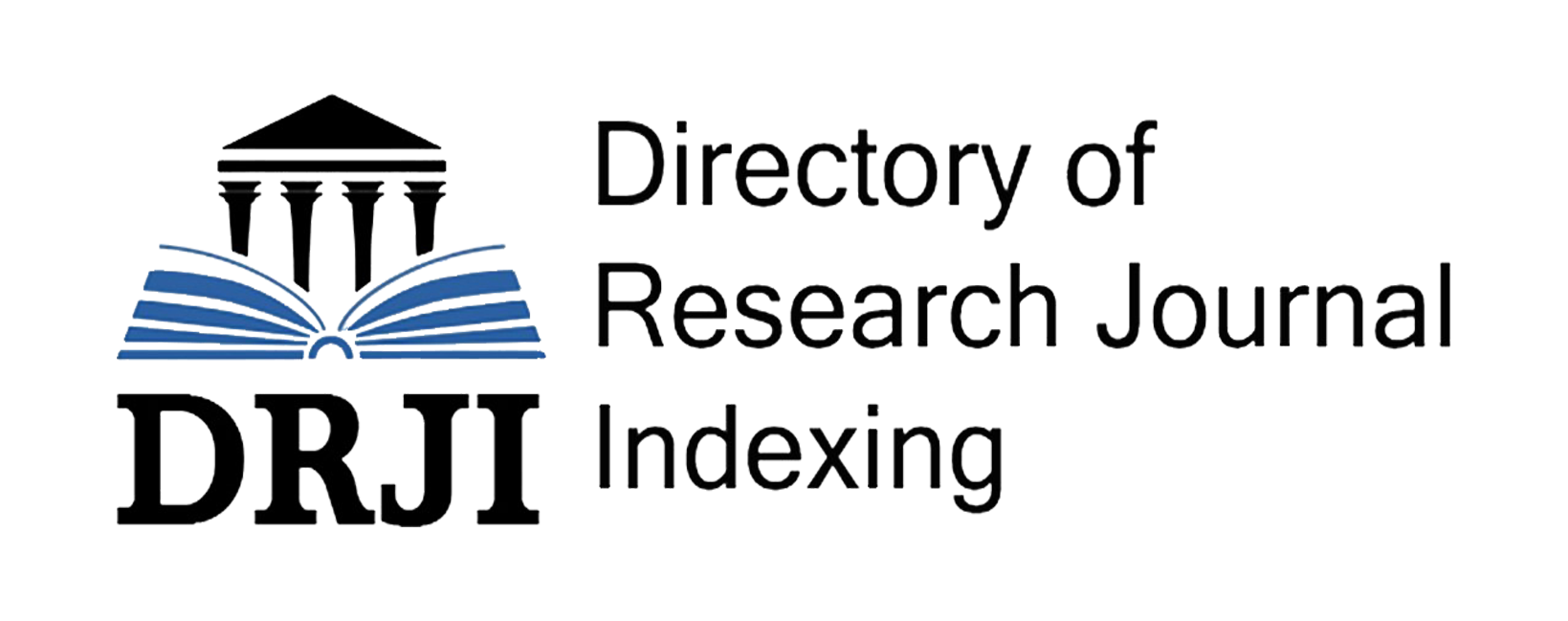IMPROVING THE METHODOLOGY OF TEACHING READING LITERACY TO FUTURE PRIMARY SCHOOL TEACHERS
Keywords:
competence, reading literacy, international assessment programs, TIMSS, PISA, PIRLS, contemporary trends, methodological preparedness, novice teachers, scientific researchAbstract
According to our analysis, it can be stated that one of the trends in curriculum development aimed at enhancing the teaching competence of novice teachers in improving students' reading literacy is the lack of adequate institutional mechanisms to foster competitiveness in the educational environment. This indicates that the strategies for creating a competitive atmosphere in classrooms or groups have not been thoroughly explored. Improving the methodology of teaching reading literacy among novice teachers by developing a systematic approach relies on organizational trends and norms that can impact learners' socialization. Therefore, revising the curriculum to align with contemporary trends also necessitates a reevaluation of the educational content. According to a meta-analysis of curriculum development trends focused on improving the teaching methods for enhancing reading literacy among novice teachers, it is clear that the educational content should be grounded in activities and approaches that shape and develop learners' competence.
References
1. Inncheon Declaration/Education 2030 (2015): Towards inclusive and equitable quality education and lifelong learning for all (World Education Forum, 19-22 May 2015, Incheon, Republic of Korea).
2. Saidova.L. (2004). UNESCO International Priorities //Editor-in-chief of the Uzbek edition -T.: Adolat, 2004. -P. 19-62.
3. Murayama, K., & Elliot, A. J. (2009). The joint influence of personal achievement goals and classroom goal structures on achievement-relevant outcomes. Journal of Educational Psychology, 101, 432-447. https://doi.org/10.1037/a0014221
4. Mirziyoyev Sh.(2021) The New Strategy of Uzbekistan. - T.: "O'zbekiston", . p. 29.
5. The Law of the Republic of Uzbekistan (1997)"On Education" The rising of Uzbekistan's development. -T .: Sharq publishing house consortium, 1997. -P. 20-29.
6. Akbarzoda G. Sonorous (1993). Education. -Tashkent: A. Qodiriy People's Heritage Publishing House, -p. 21
7. Markova A.K., Matis T.A. (1990) Formation of learning motivation. M .: Publishing house "Pedagogy". 1990. P.34-56
8. Lukankin G.L. Higher. (2009) Mathematics for Economists. Lecture course.
9. Yunusova D.I.(2018) Theoretical foundations of developing the methodological readiness of future mathematics teachers. Textbook. Thinking Patterns.
10. Sharipov Sh.S.(2012) Theory and practice of ensuring students' professional creativity: Pedag. sciences. d. ... abstract. -T .: 2012. -p. 46
11. Stefanova N. L. Volkova T. S.,(2014) Organization and content of preparing mathematics teachers, shaping their subject competence.
12. Jumayev M.E.,(2004) "Workshop on teaching methods of mathematics" - Tashkent .: Teacher, p. 328.
13. Abdullayeva B.S (2011) and others. Organizing extracurricular activities in primary school mathematics - Tashkent .: LLC "Jahon print", p. 146.
14. Chipsheva L.N (2001) Formation of general educational competence of junior schoolchildren in Russian language lessons
15. Skib L.J., Heyfmeyster S., Chesnat Anjela M.,(1997) PC multimedia optimization/ *Trans. from English – Kyiv: NIPF “DiaSoft Ltd”, 1997.
16. Johnson, D. W., Johnson, R. T., Roseth, C., & Shin, T. S. (2014). The relationship between motivation and achievement in interdependent situations. Journal of Applied Social Psychology, 44(9), 622–633. https://doi.org/10.1111/jasp.12280
17. Mamatova G. A.(2006)- Methodology of formation of literary concepts in students in elementary reading classes (PhD dissertation) 2020 N.I.,
18. Abu nasr Forobiy (1993) City of virtuous people. Tashkent. Publishing house named after A. Qadiri.
19. Hoshimova Q.,& Nishonova S.(1996) and others. History of pedagogy. Tashkent. Teacher 1996
20. Hallinger, P.,Bickman, L.,&Davis, K.(1996).Schoolcontext, principalleadership, and studentreading literacy. Elementary School Journal, 96(5), 527–549.https://doi.org/ 10.1086/461843
21. Mitchell, R.M.,&Tarter,C.J.(2016).Apathanalysis of the effects of principal professional orientation towards leadership,professional teacher behavior,andschool academic optimism on school reading literacy.Societies,6(5),1–11.https://doi.org/ 10.3390/soc6010005.
22. Stanat, P., & Christensen, G. (2006). Where immigrant students succeed: A comparative review of performance and engagement in PISA 2003. Organization for Economic Co- operation and Development.
23. Qayumova, S. (2022). The role of multimedia tools in the development of methodological training of future primary school teachers based on the timss international assessment program. Science and innovation, 1(B4), 159-162.
24. Kayumova, S. T. qizi, Sharipov , S. R., Abdullayev , K. A. ugli, & Nurmatov , I. S. (2023). The theoretical foundations of improving students’ reading proficiency based on modern trends. Research and education, 2(12), 57–61.
25. To‘lqin qizi Kayumova, S., Sharipov, S. R., ugli Abdullayev, K. A., & Nurmatov, I. S. (2023). The theoretical foundations of improving students'reading proficiency based on modern trends. Research and education, 2(12), 57-61.
26. Kayumova, S. T. K. (2022). Differences between pisa and timss international assessment program. Academic research in educational sciences, 3(NUU Conference 2), 753-757.
27. Sh. Kayumova (2023). Didactic principles for developing native language and reading literacy of future primary school teachers. Science and innovation, 2 (B9), 57-60. doi: 10.5281/zenodo.8348958
28. Sh. Kayumova (2023). Development of students' reading literacy through triz pedagogy. Science and innovation, 2 (B10), 157-160. doi: 10.5281/zenodo.8433398
29. Qayumova, S. (2022). The role of multimedia tools in the development of methodological training of future primary school teachers based on the timss international assessment program. Science and innovation, 1(B4), 159-162.
30. Kholyigitova, B. (2023). Using artistic literature in forming the creative skills of primary class pupils. Science and innovation, 2(B2), 253-257.
31. Xolyigitova, B. (2023). Factors hindering the formation of creative abilities of elementary school students and ways to overcome them. Наука и инновация, 1(1), 73-75.








